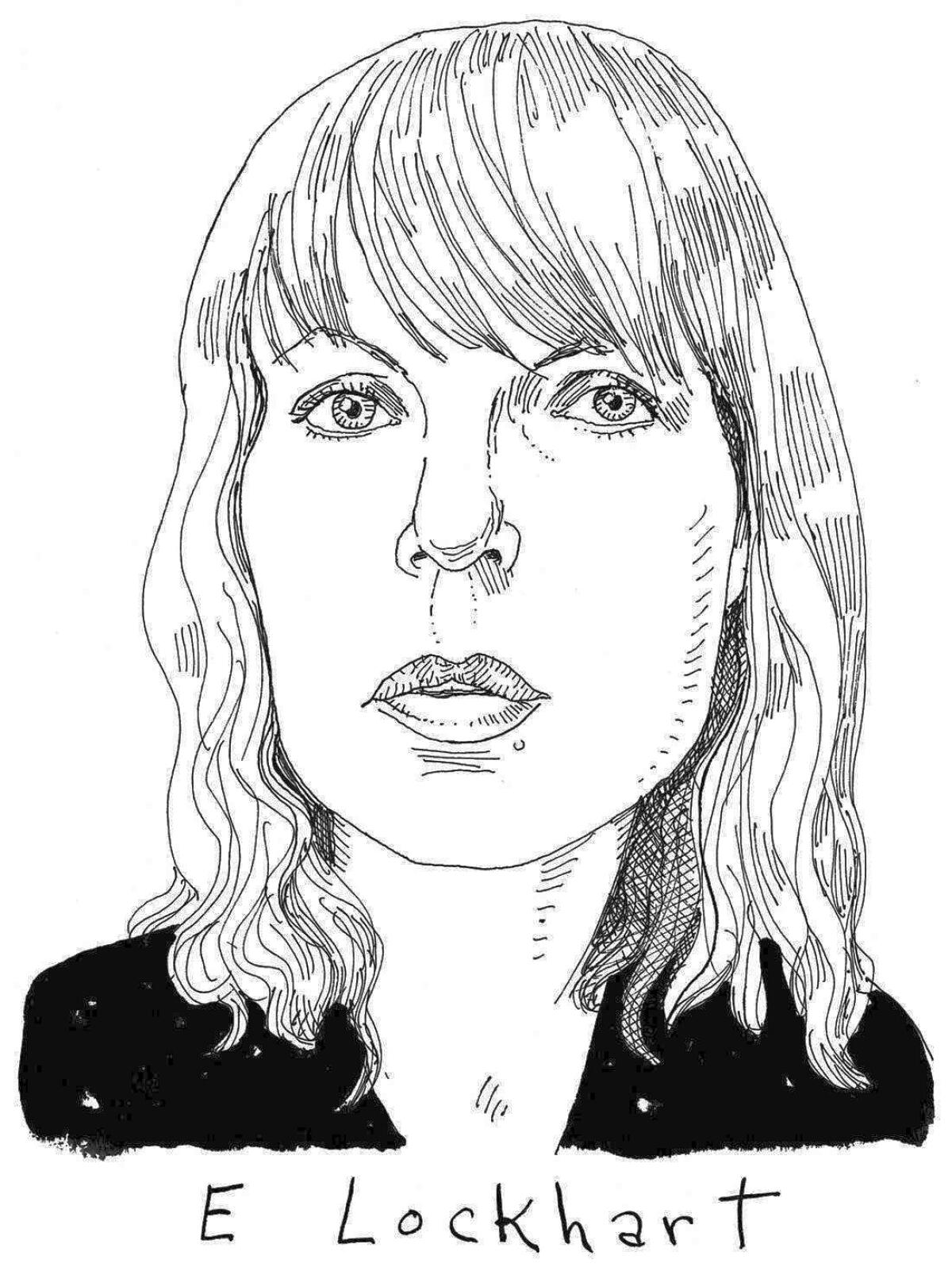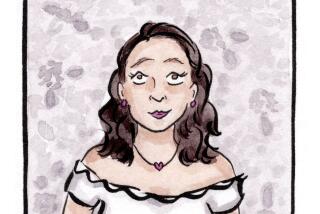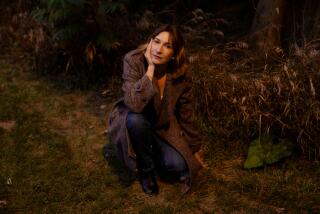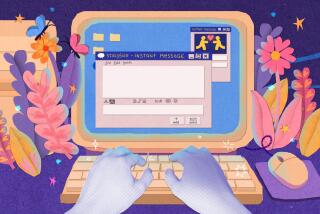E. Lockhart on embracing the young adult inside her

I was a conventionally nice-looking teenager. I laughed easily and took dance classes. I baked bread and brownies. I loved makeup. I didn’t know how my car engine worked.
It was a pretty fun life, but around age 17, I realized I wanted to be taken seriously.
The realization came as a bit of a shock. Perhaps it was my philosophy course. Perhaps it was the college applications process or a boyfriend who didn’t rate me as an intellectual equal. In any case, I began to crave stature and authority — and to realize I didn’t have it. There were a million small indicators that people did not judge me as a force to be reckoned with, and I decided to change. I hated being underestimated.
FULL COVERAGE: Festival of Books
If you present yourself in certain feminized ways — whatever your sex or gender — there are joys and annoying consequences. For me, the joys include playing with my appearance, feeling free to abandon codes of behavior that connote dignity in academia and business, and various sensual pleasures. The annoying consequences include being thought silly, weak and incompetent.
They are pretty damn annoying.
I got myself into a fancy college and then a fancier grad school. I read Jacques Derrida and Edward Said and planned a career as a professor of Victorian literature. I bought suit jackets and spent my days in the rare book room at Columbia.
As an academic, I did get other people to take me seriously, at least some of the time, and the respect felt good — but the life was one of constant competition with my colleagues for institutional approval. And frankly I was bored by literary theory, though never by the novels I was using it to analyze. I was bored by learning scholarly French and German too and by the work of many of my colleagues and by the effort it took to maintain this façade of seriousness.
In breaks from my dissertation I wrote stories and plays. One was about a dog and a cat in family therapy. Another was about a dragon who gardens. I wrote Spider-Man fan fiction, half-baked picture books, comic poetry. I kept a photograph of Roald Dahl on my mirror and worked on a middle-grade portal fantasy about a girl and a lot of crazy talking birds.
But if you write for kids, you will not get respect from universities, and you will not get it at literary-type cocktail parties, either. For a long time, I wanted that kind of validation more than anything else, even after I began publishing my stories.
The turning point was when I was ready to go on the academic job market. I had published two books for children and a commercial collection of essays for adults, all from major publishers, and was advised by the professor overseeing my job applications to leave the books off my curriculum vitae — in other words, to pretend to be a more serious person than I was. To him, the children’s books and even the essays were not accomplishments but shameful evidence of my lack of conformity to the university’s academic ideals.
That was when I decided to take seriously the person I actually am rather than try to be a person whom others define as serious.
Leaving academia to write fiction for children and teenagers was a return to that person I had been — the one who laughed easily, who liked makeup and baking and dance. I stopped being afraid of being thought silly or weak and instead pushed myself to be more than competent at the things I loved best to do.
I am true now to what brings me joy and to what I do well — and most of the time, to hell with the rest.
Lockhart is the author of several YA novels, including “The Disreputable History of Frankie Landau-Banks.” Her new book, “We Were Liars,” is out next month.
Festival of Books
What: “Testing the Boundaries” panel with Rainbow Rowell, Andrew Smith and John Corey Whaley, moderated by Aaron Hartzler
Where: Norris Theater, USC
When: Noon Sat.
Info: latimes.com/festivalofbooks
More to Read
Sign up for our Book Club newsletter
Get the latest news, events and more from the Los Angeles Times Book Club, and help us get L.A. reading and talking.
You may occasionally receive promotional content from the Los Angeles Times.






